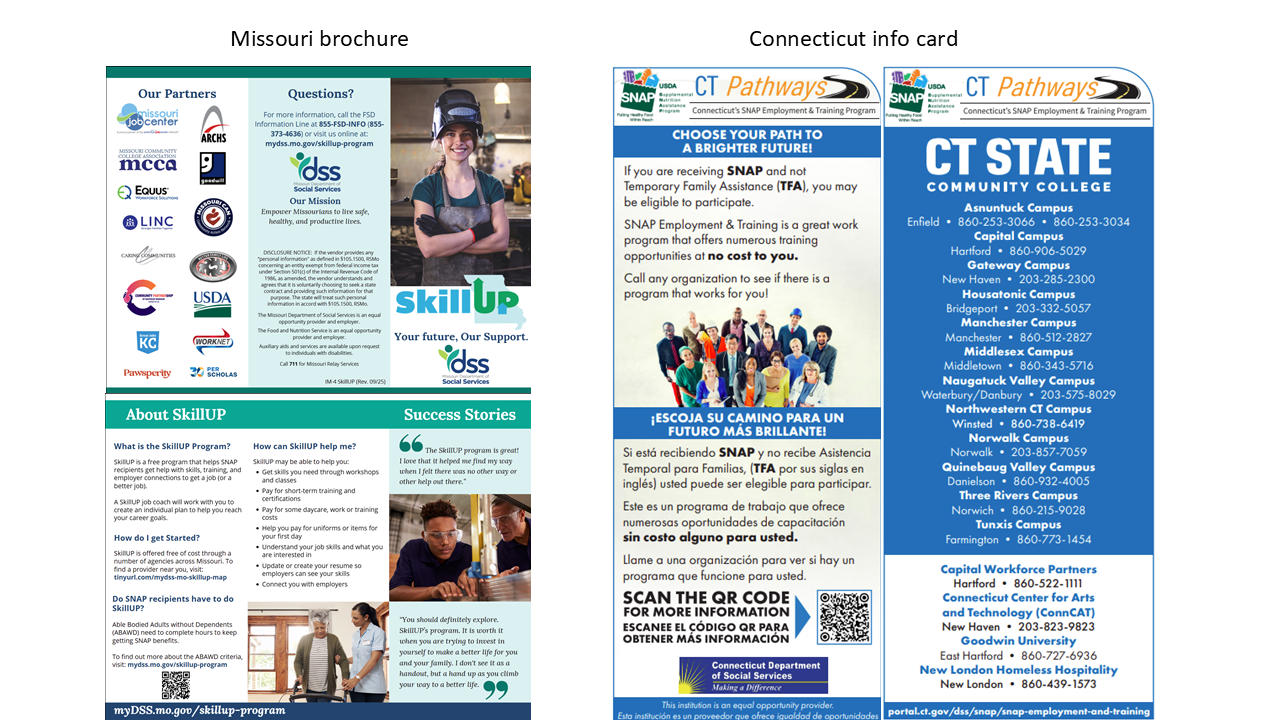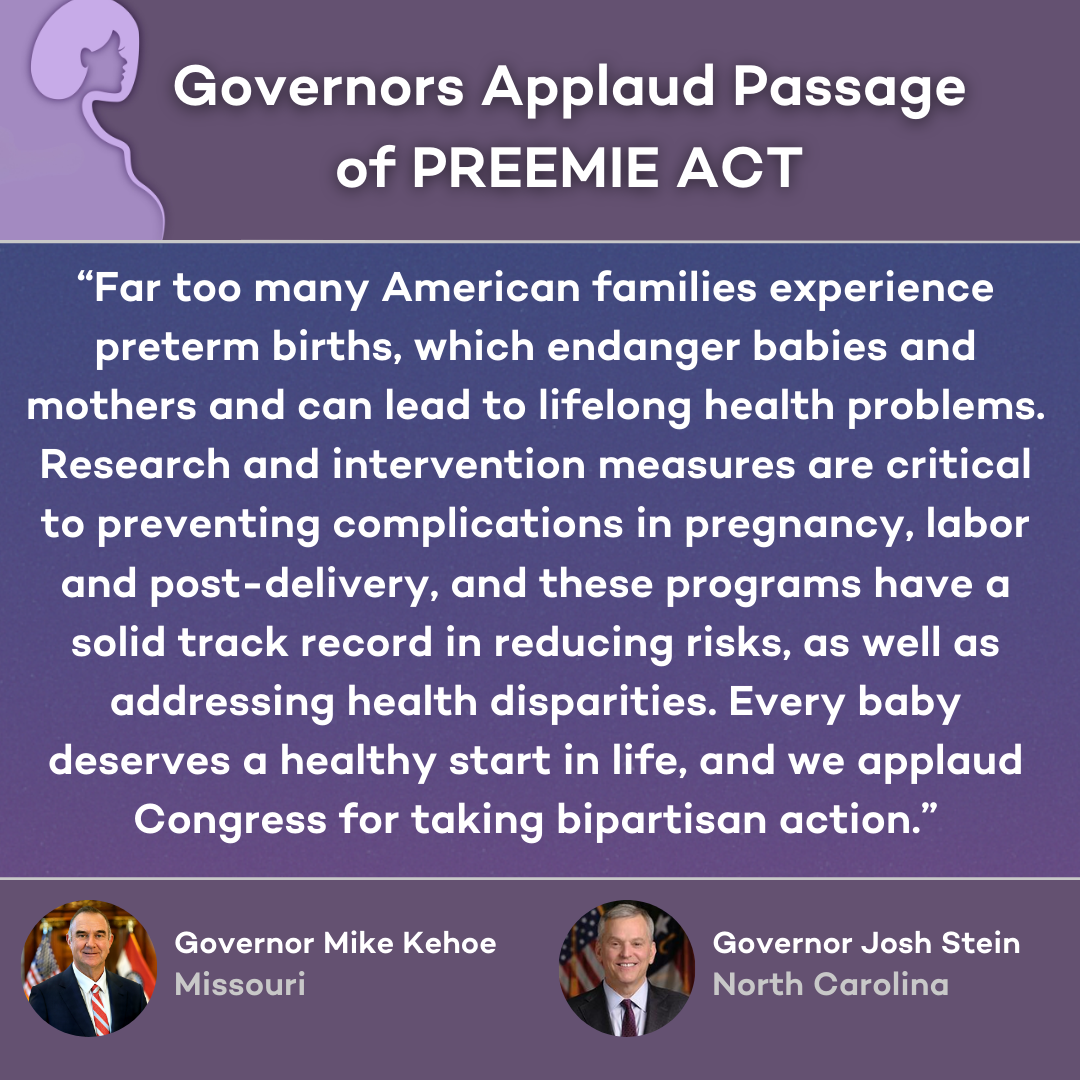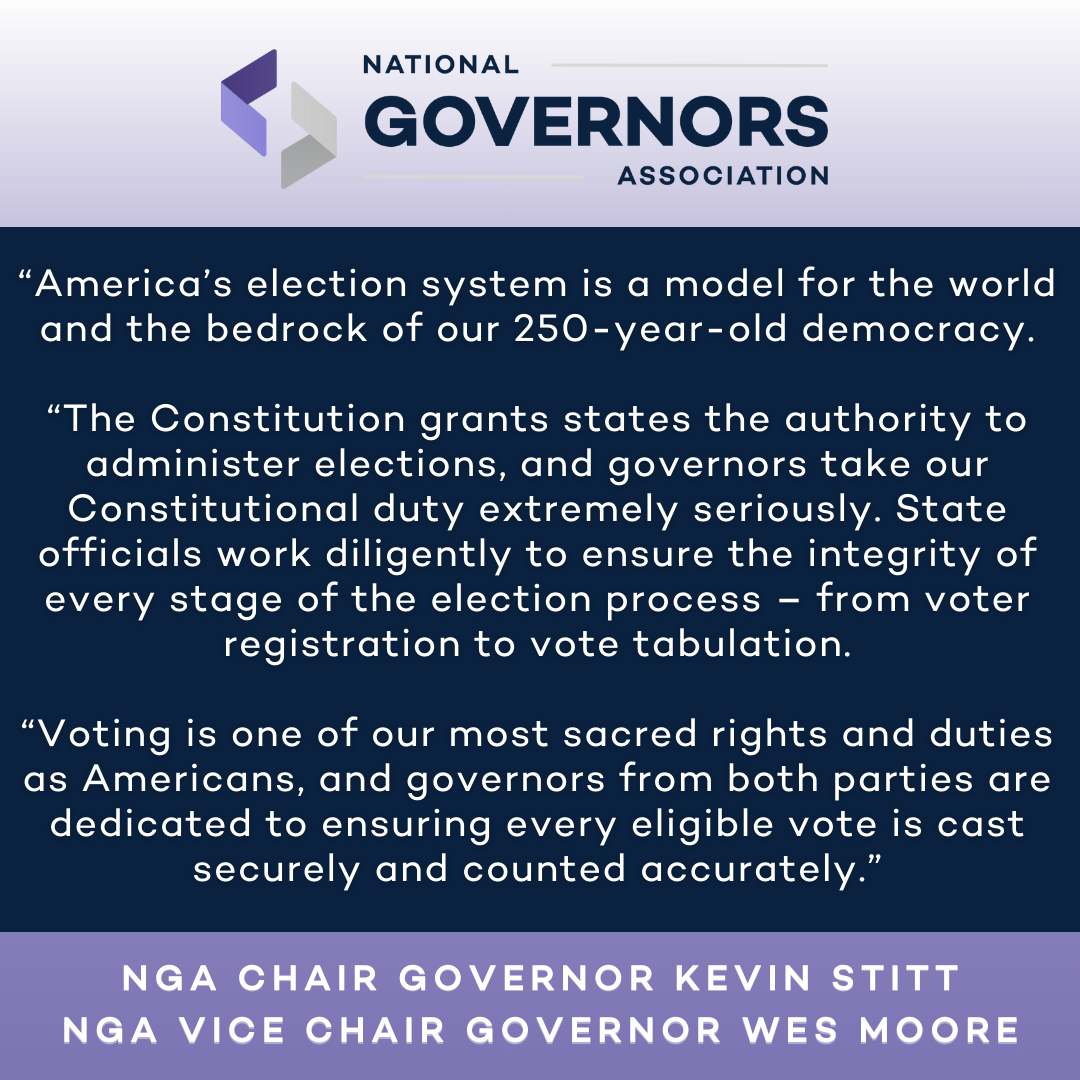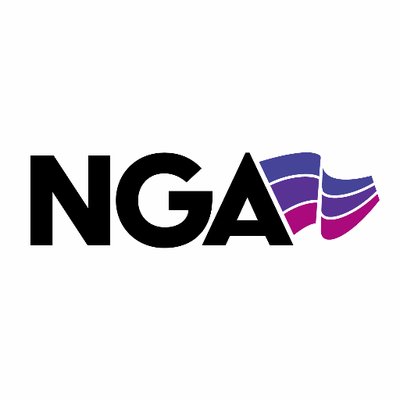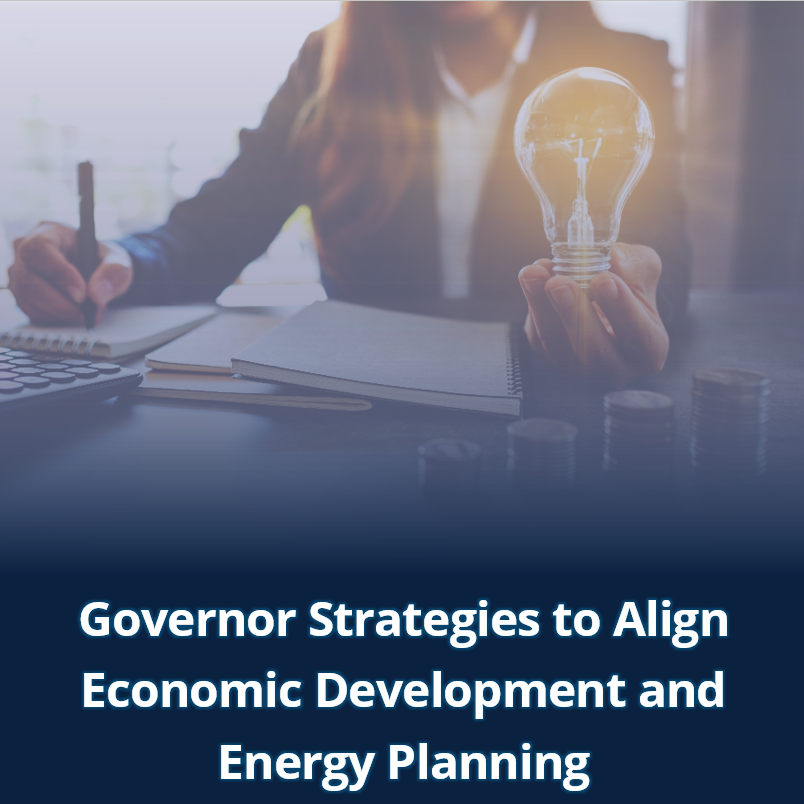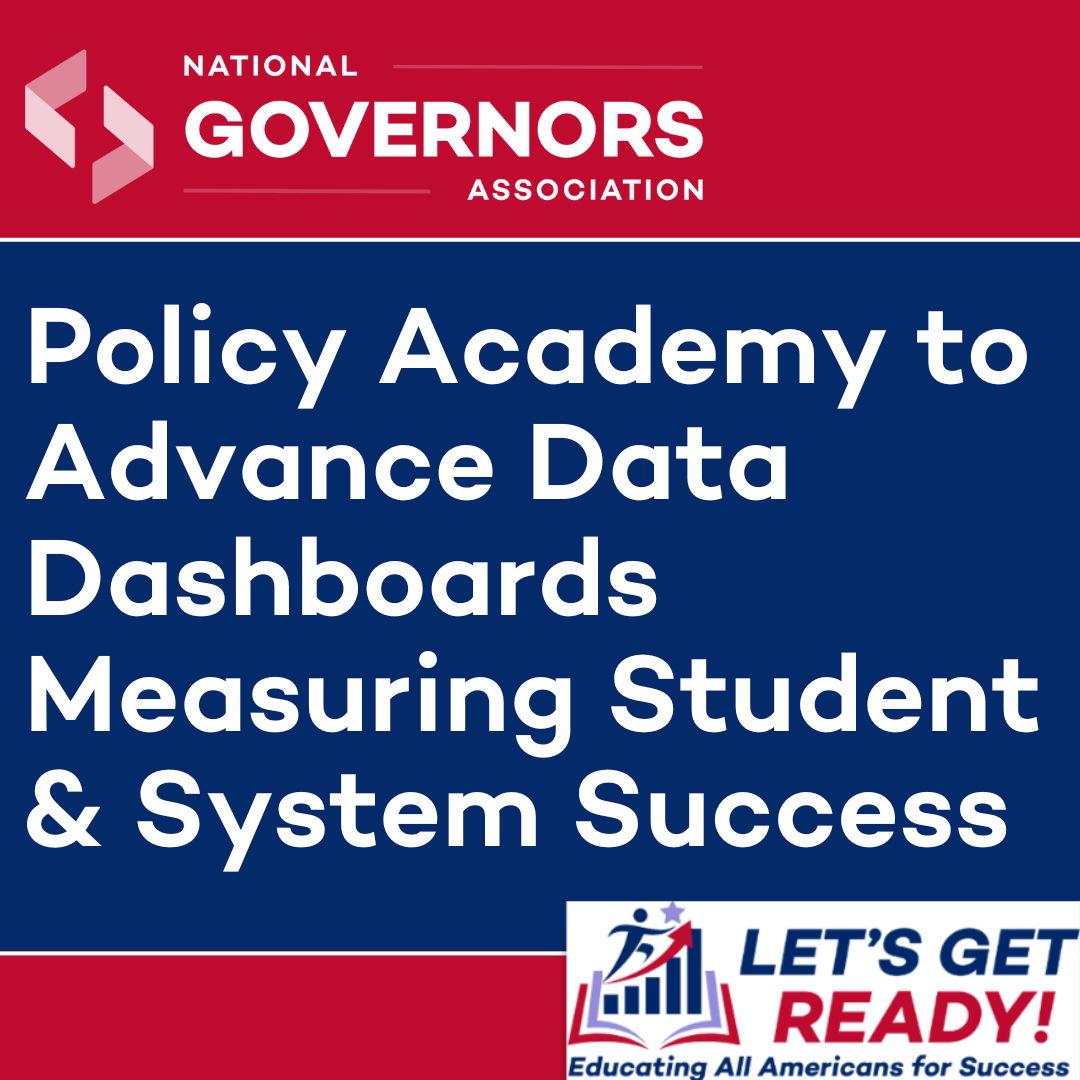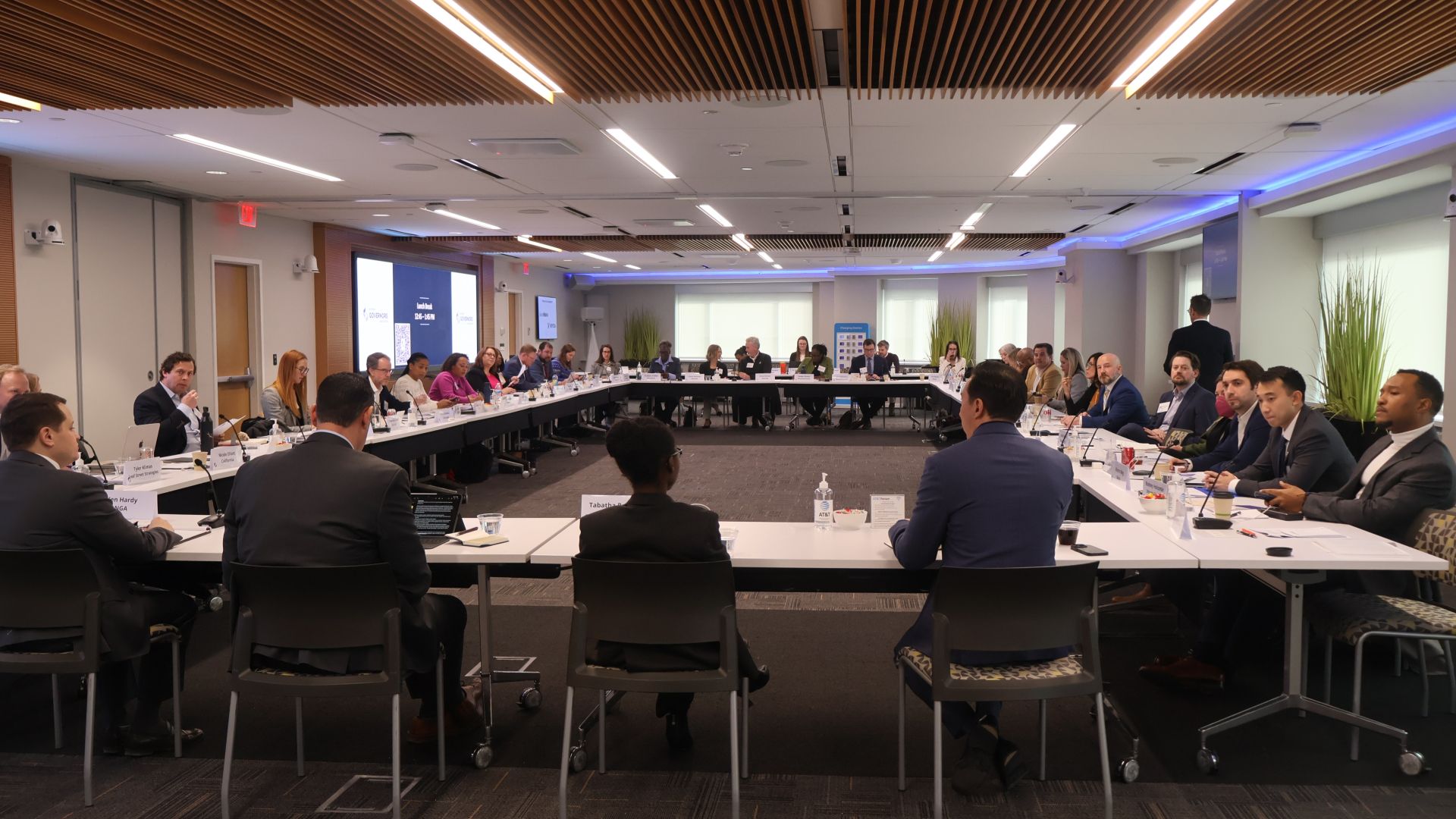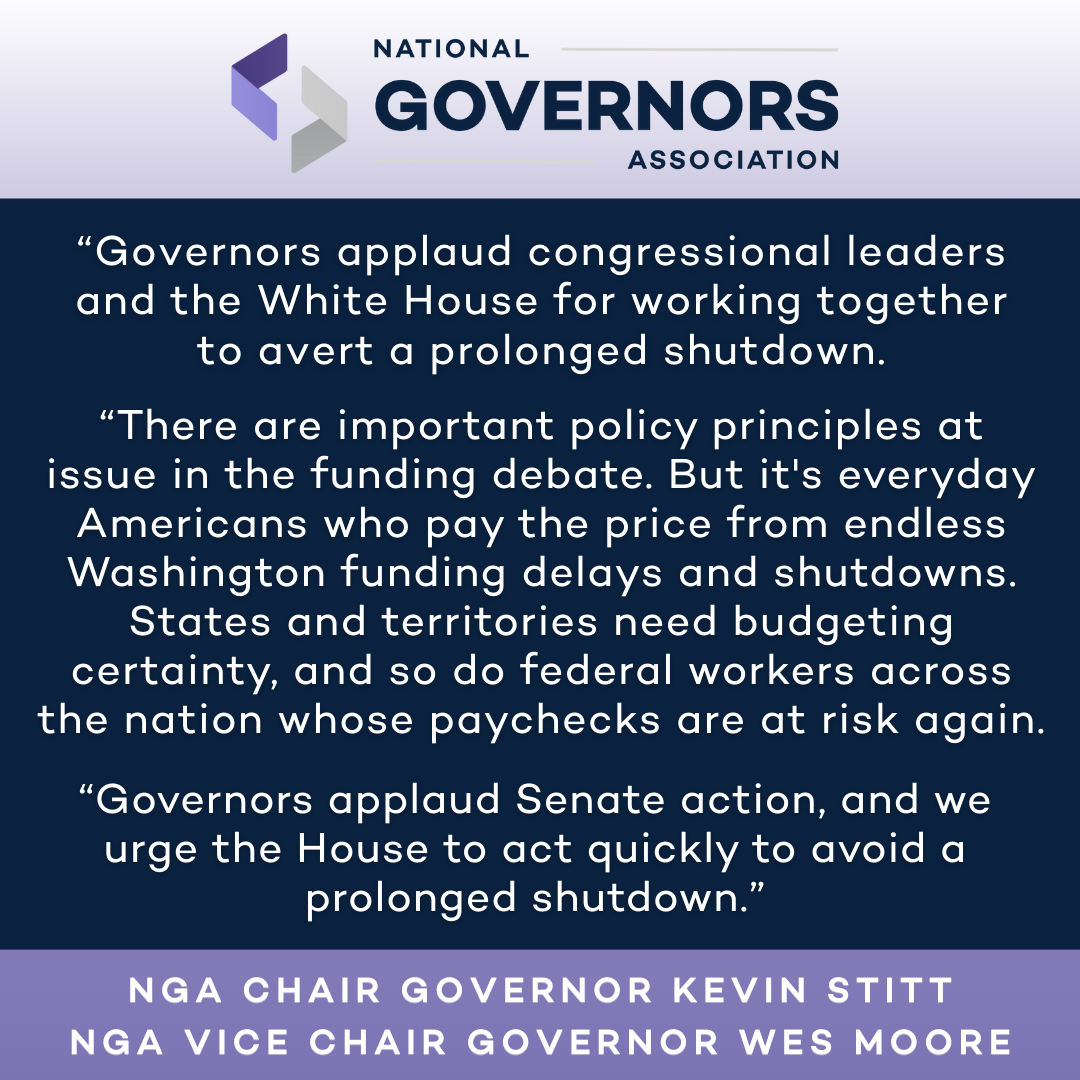Governors are working to increase financial literacy in their states. The following resources can be used as tools by Governors and their staff to guide and support their constituents as they improve their financial literacy knowledge.
State & Territory Resources
Please click on a State or Territory below to view select financial literacy resources.
General Resources
- Consumer Financial Protection Bureau: The Consumer Financial Protection Bureau has gathered resources for individuals related to the following topics: Auto loans, Credit Cards, Credit reports and scores, Debt Collection, Housing, Money Management, Money Motivations, Money Transfers, Mortgages, Savings and Bank Accounts, Translated Financial Terms
- Financial Literacy and Education Commission: The Financial Literacy and Education Commission consists of 24 federal agencies working together to increase financial services for all Americans. This includes the establishment of a national financial website (MyMoney.gov) and a national financial education strategy.
- Office of the Comptroller of the Currency: The Financial Literacy Resource Directory provides financial literacy and education information for consumers of all ages.
- Money Smart Financial Education: The FDIC Money Smart financial education program is designed to enhance financial skills and create positive banking relationships.
- National Credit Union Administration Financial Literacy & Education Resource Center: The Financial Literacy and Education Resource Center has financial resources broken down in the following categories:
- Financial Literacy resources and Guidance
- Financial Literacy Collaborations
- U.S. National Strategy on Financial Literacy
- Financial Literacy and Education Commission
- Financial Literacy Studies and Reports
- Other Organizations
- The Jump$tart Coalition for Personal Financial Literacy: The Jump$tart Coalition for Personal Financial Literacy is dedicated to improving financial literacy through communication and collaboration.
- Tools for Teaching Financial Literacy: The National Education Association lists several resources related to teaching children financial literacy.
- InCharge Debt Solutions Personal Finance Education: This website contains several resources on how to budget and save.
- Investor.gov: This resource contains investing quizzes, financial tools and calculators, and resources for older investors.
- $martPath Financial + Economic Education: This resource provides online interactive teaching materials for elementary and middle school students.
- ABLE National Resource Center: The ABLE National Resource Center contains information on ABLE accounts which provides tax-advantaged savings accounts that can fund disability expenses.
- National Financial Educators Council: The National Financial Educators Council has training and resources on its website to help build top-quality financial education programs.
- Intuit for Education: Intuit has free educational resources, tools, and simulations designed to improve consumer confidence.
- Coalition on Adult Basic Education: The Coalition on Adult Basic Education (COABE), a 53,000 member organization, designs and hosts the world’s largest adult education conference annually, with an entire track dedicated to financial literacy. COABE also provides an online entrepreneurship institute, and a wide variety of free financial literacy resources and webinars for the membership.
The importance of financial literacy is becoming increasingly clear, and Governors and other state officials are taking a leading role in making relevant information accessible. For more detailed information on the work that states are doing, please contact Abigail Rhim with NGA’s Postsecondary Education Team to learn more about upcoming financial literacy work within NGA.

